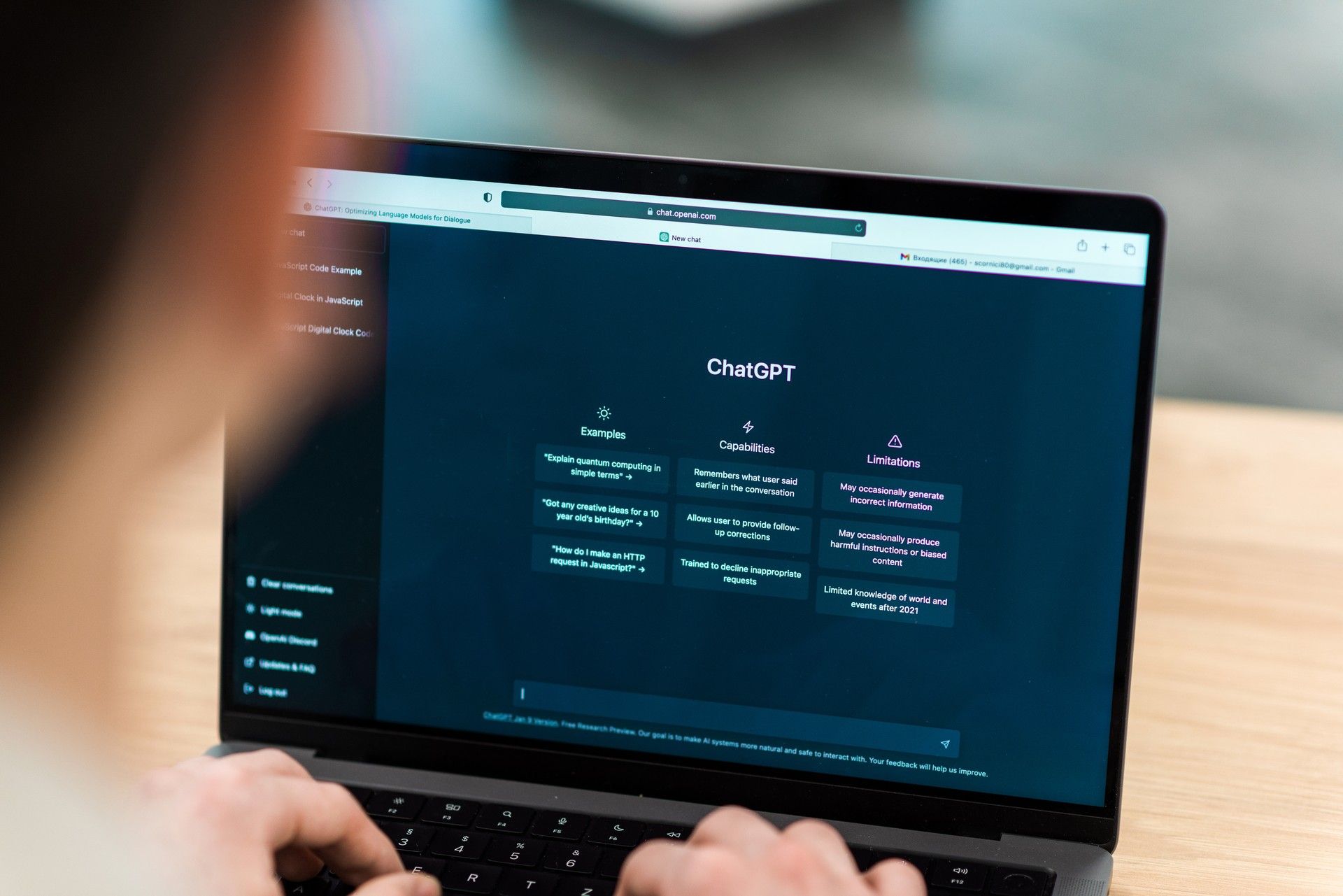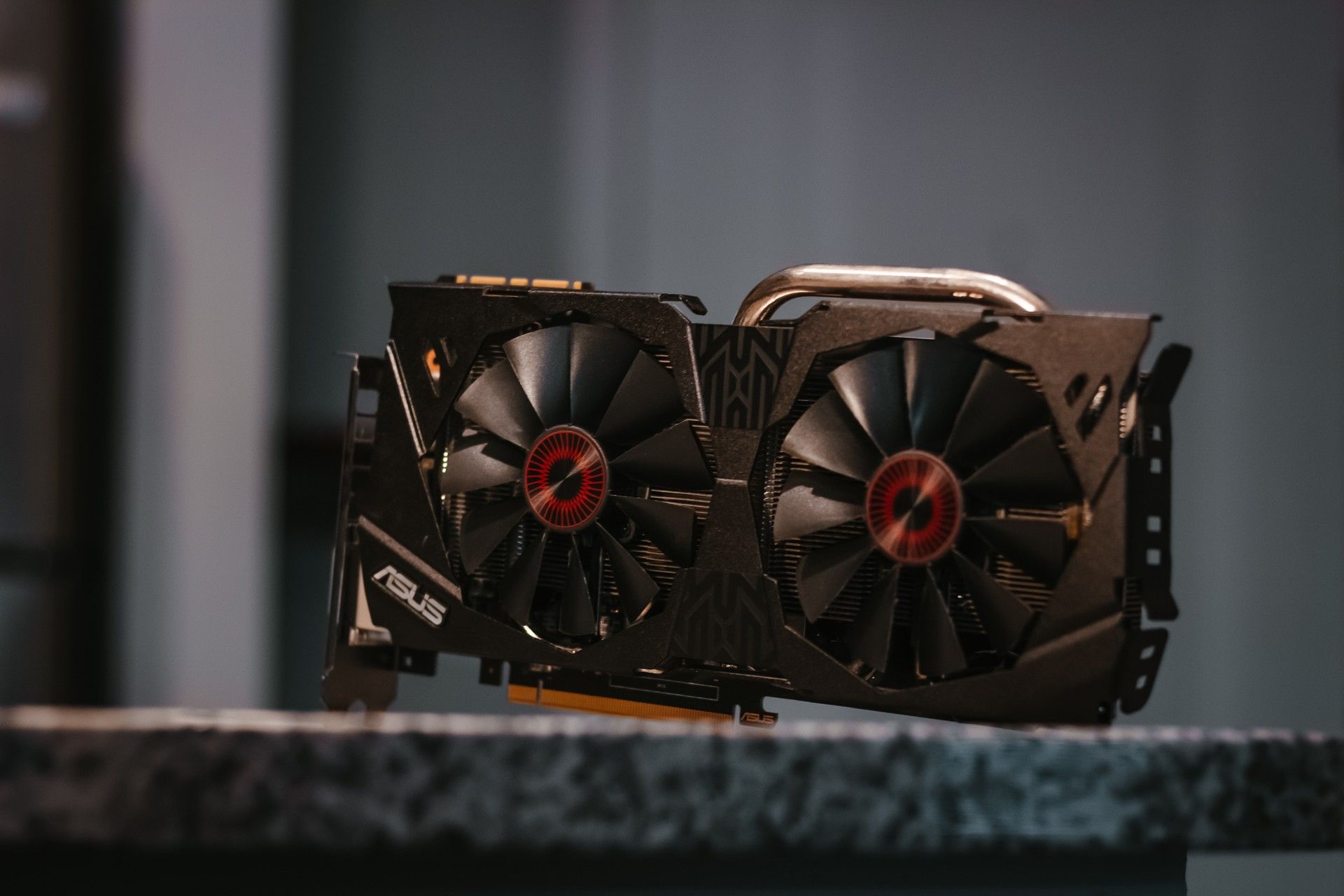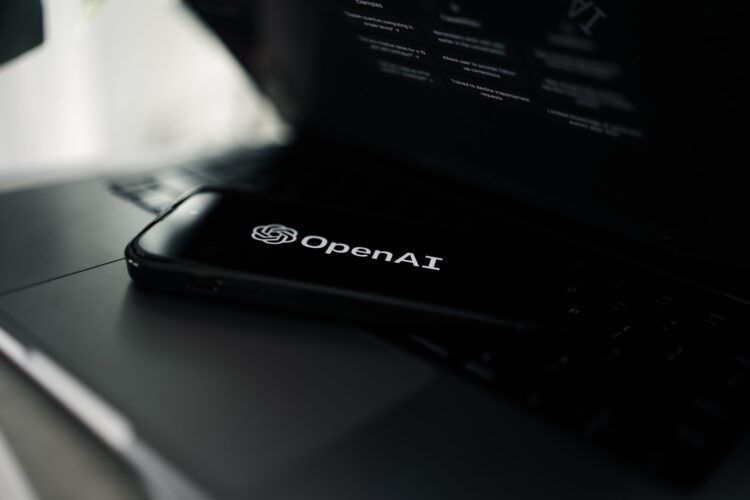Experts have recently been saying that we could see a ChatGPT bankrupt in 2024 and the situation is not looking good for OpenAI.
OpenAI’s ChatGPT has taken the technological world by storm, garnering a mixture of awe and trepidation. Its trajectory since its debut in November 2022 has propelled it to become the fastest-growing application in history.
Yet, this impressive ascent has stirred concerns, sparking debates about the potential displacement of human jobs by AI-powered automation. Amidst ongoing discussions, an unsettling report by Analytics India Magazine has surfaced, suggesting a looming possibility of ChatGPT bankrupt by the close of 2024.

Expect to see a ChatGPT Bankrupt in 2024
At the epicenter of this ChatGPT bankrupt lies OpenAI’s intriguing trademark application for GPT. This seemingly innocuous move has set off alarm bells within the tech community. Many experts interpret this action as an ominous sign, a potential harbinger of the company’s downfall. Speculations have arisen that this trademark application might trigger a decline in user interest, eventually leading to the abandonment of the very technology that catapulted OpenAI into the limelight.
The disconcerting dynamics don’t end there. Analytics India Magazine’s report casts a spotlight on a disheartening trend: a downward spiral in ChatGPT’s user base. Data from SimilarWeb has unveiled a gradual waning of user engagement on ChatGPT’s website, with June and July showing particularly lackluster user activity in comparison to May.
August brought with it more grim tidings as SimilarWeb reported a second consecutive month of dwindling ChatGPT traffic. July, in particular, bore the brunt of this decline, witnessing a staggering 12 percent drop in users, causing the user count to plummet from June’s 1.7 billion to a mere 1.5 billion users.

API cannibalization
A potential explanation for this decline might be found in the phenomenon of API cannibalization. This occurs when companies place restrictions on employee usage while allowing integration into other workflows. This strategic approach, though seemingly prudent, can inadvertently alienate users and contribute to diminishing user engagement.
However, a more significant factor looms on the horizon: the meteoric rise of Mark Zuckerberg’s Meta and its Llama 2 chatbot. Llama 2’s open-source nature, coupled with its partnership with Microsoft, has birthed a robust competitor that casts a foreboding shadow over ChatGPT’s future. This sudden surge in competition has jolted the AI landscape, posing a formidable challenge to OpenAI’s dominance that will lead to ChatGPT bankrupt.
Financial challenges and the path to ChatGPT bankrupt
Recent media coverage has unveiled OpenAI’s staggering daily expenditure of approximately $700,000 to keep the gears of ChatGPT turning. New investors, including tech giant Microsoft, have reportedly been shouldering these mounting costs. However, this symbiotic relationship raises a pertinent question about the sustainability of such funding.
Despite optimistic projections of achieving $200 million in revenue for 2023 and aspiring to reach the ambitious milestone of $1 billion in 2024, OpenAI’s financial woes have escalated. The financial loss has soared to a staggering $540 million since the inception of the AI chatbot’s development journey.

GPU shortage and the uncertain path forward
The persistent global shortage of Graphics Processing Units (GPUs) has presented an additional hurdle for OpenAI’s aspirations. This scarcity has curtailed the company’s ability to innovate and enhance its AI models, exacerbating the challenges it already faces.
Amid these intricate challenges, the recent trademark application for GPT-5 emerges as a testament to OpenAI’s unwavering determination to progress in the face of adversity. This bold step underscores the company’s commitment to model development, even amidst mounting complexities.
In light of these intricate factors, the specter of ChatGPT bankrupt by the end of 2024 appears increasingly plausible. The convergence of financial predicaments, intensified market competition, and formidable technical constraints paints a tapestry of uncertainty for OpenAI’s future trajectory. As the company stands at a crossroads, the viability of AI models like ChatGPT hangs precariously in the balance.
Featured image credit: Zac Wolff/Unsplash.





